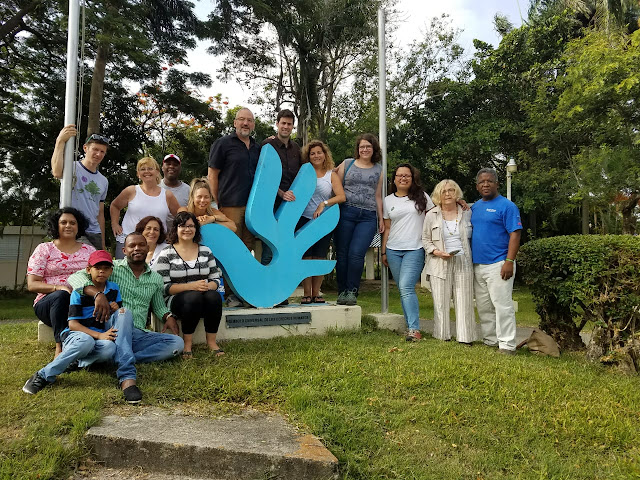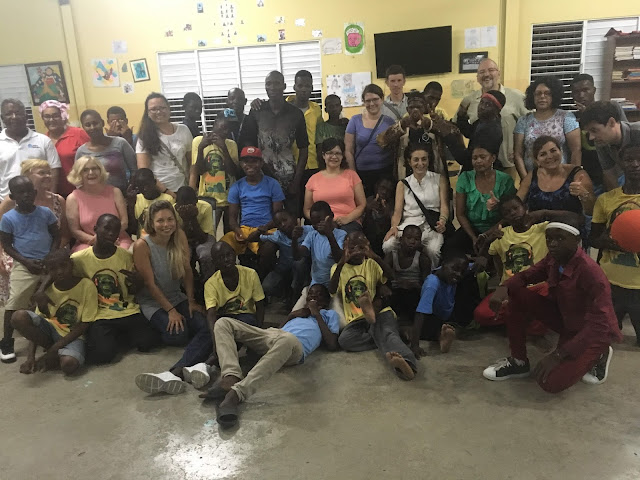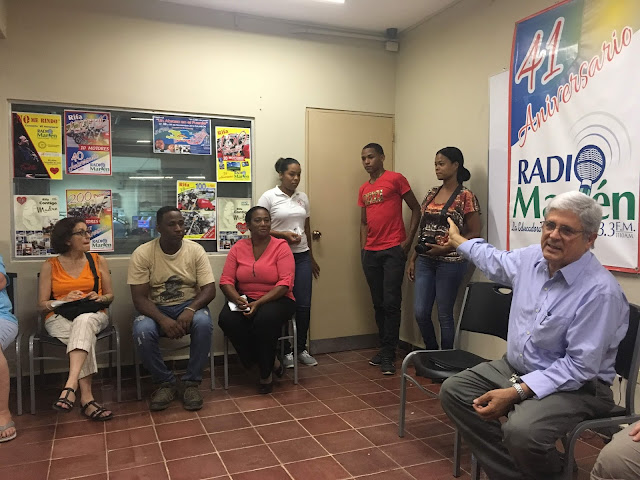Introduction

Hello fellow readers, Welcome to my page! Last summer I had the privilege of participating in a study tour led by the Canadian Jesuits International (CJI). Along with a group of 12 amazing Canadians coming from all across the country, I went to Dajabón in the Domincan Republic and Ouanaminthe in Haiti to learn more about social justice and international solidarity in this region. Our group with Father Mario Serrano Marte and Robinson our Guide and Driver The Canadian Jesuit International (CJI) is an international non-governmental organization, based in Toronto, which works with Jesuits and other partners in countries of the Global South to support poor and marginalized communities in their struggle for justice and dignity. Our tour was led by two members of the CJI staff and their dedicated local partner, Father Mario Serrano Marte, who is the National Director of the Society of Jesus’s Social Sector and the Director of Centro Montalvo, in the Dominic

